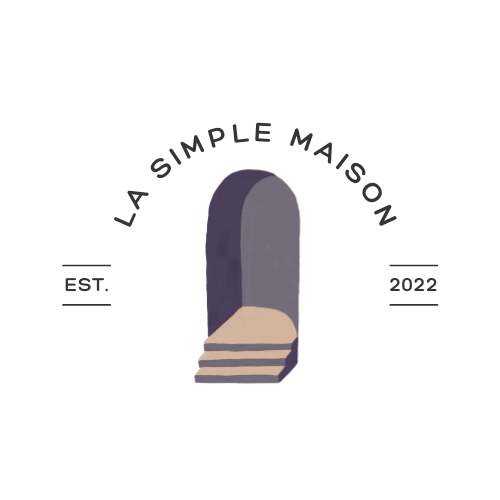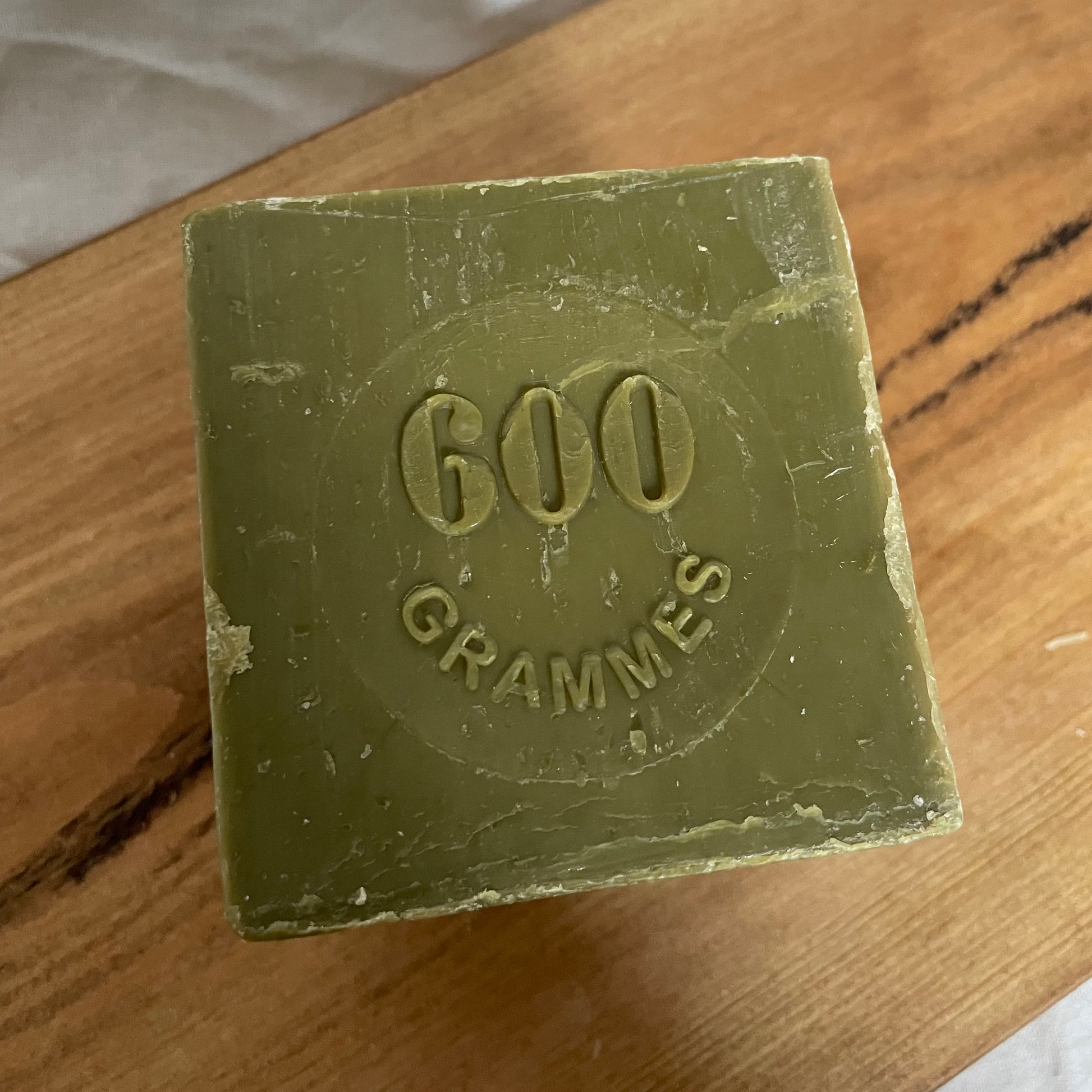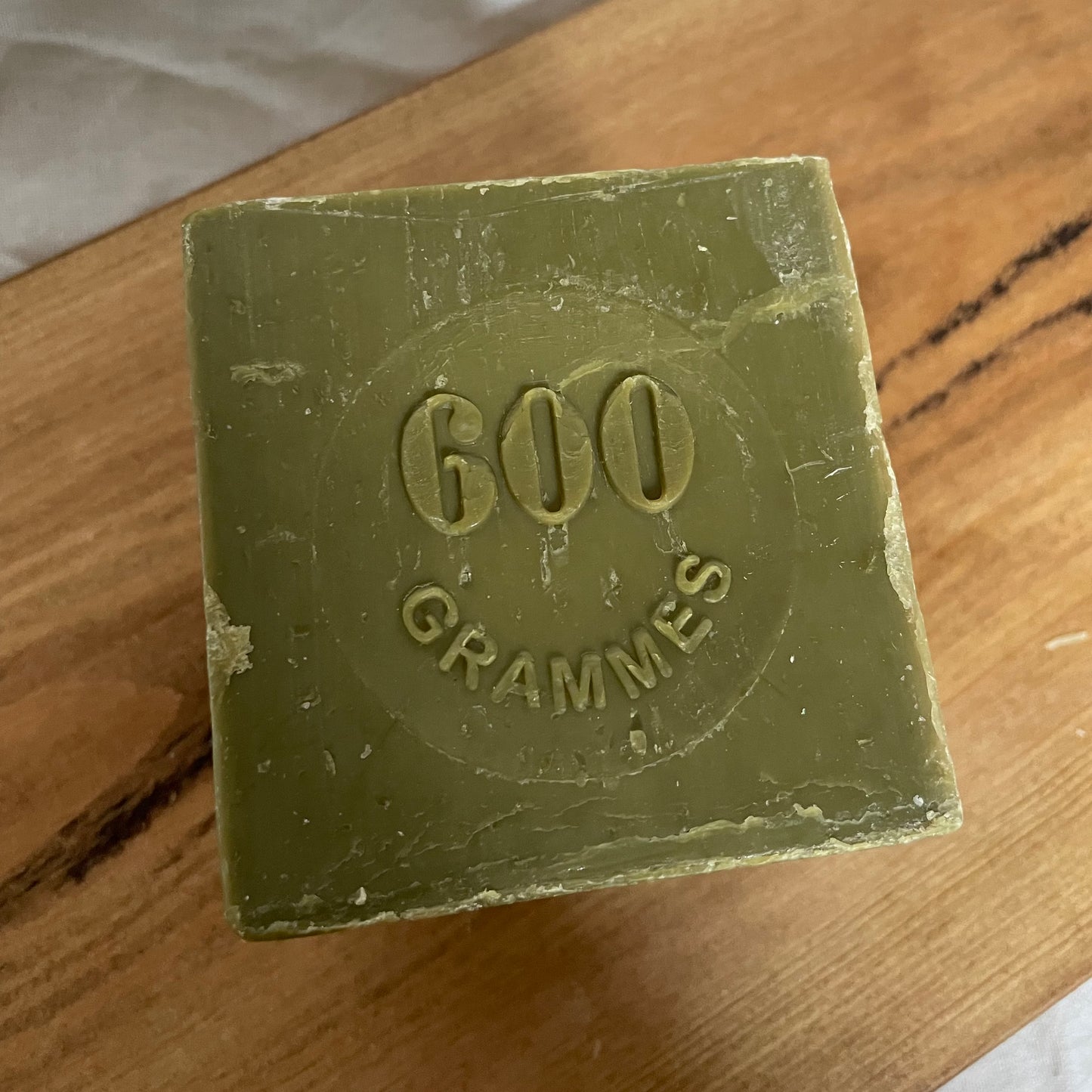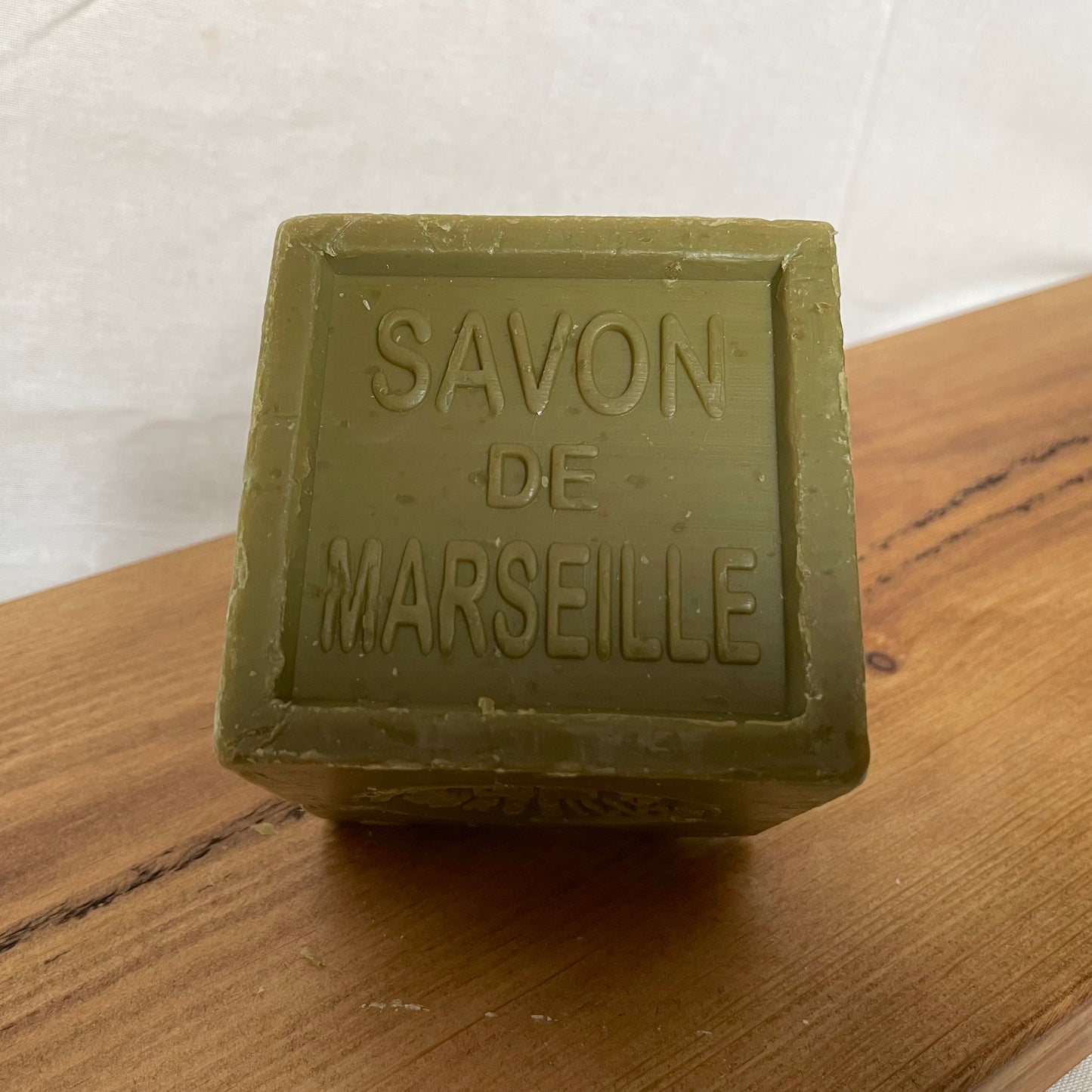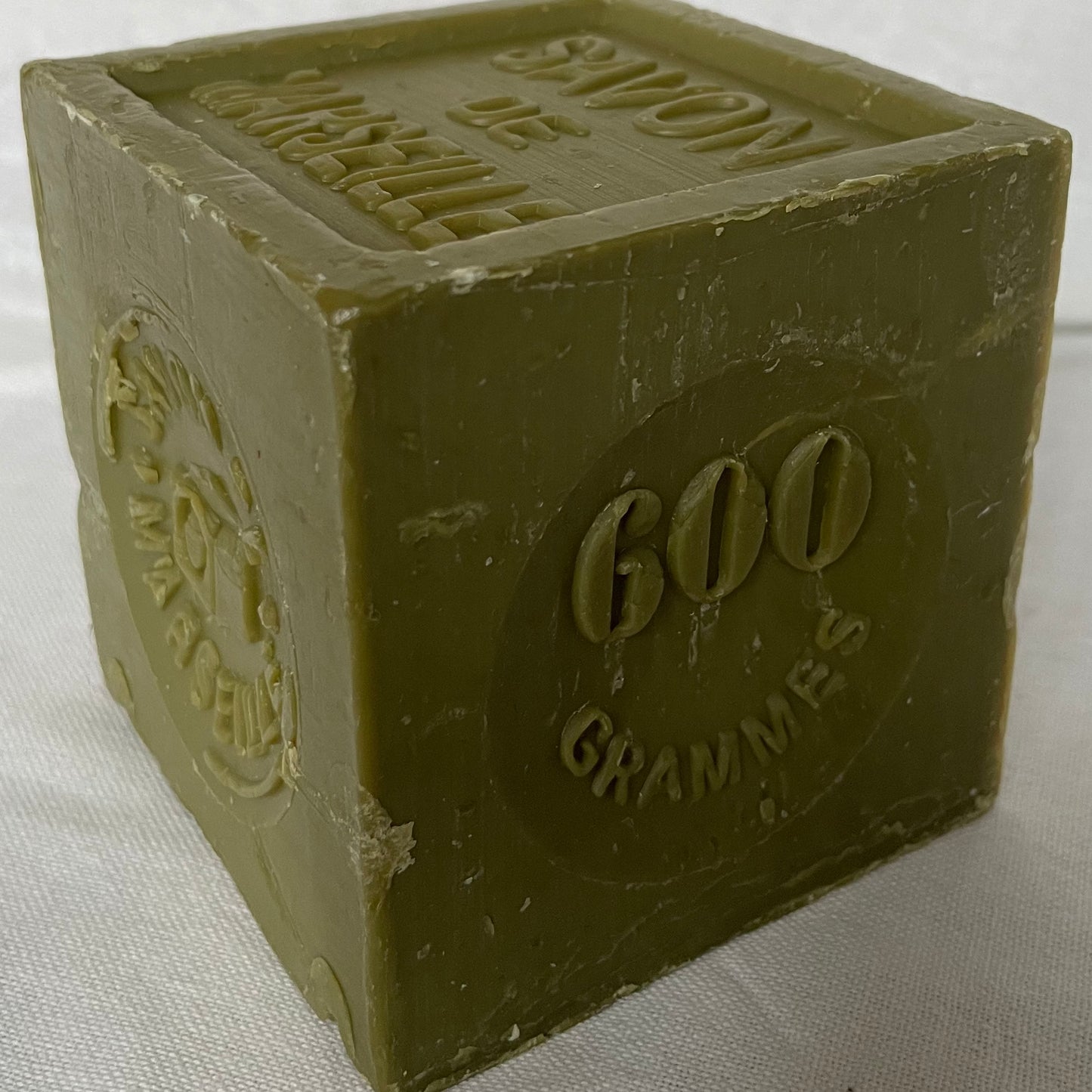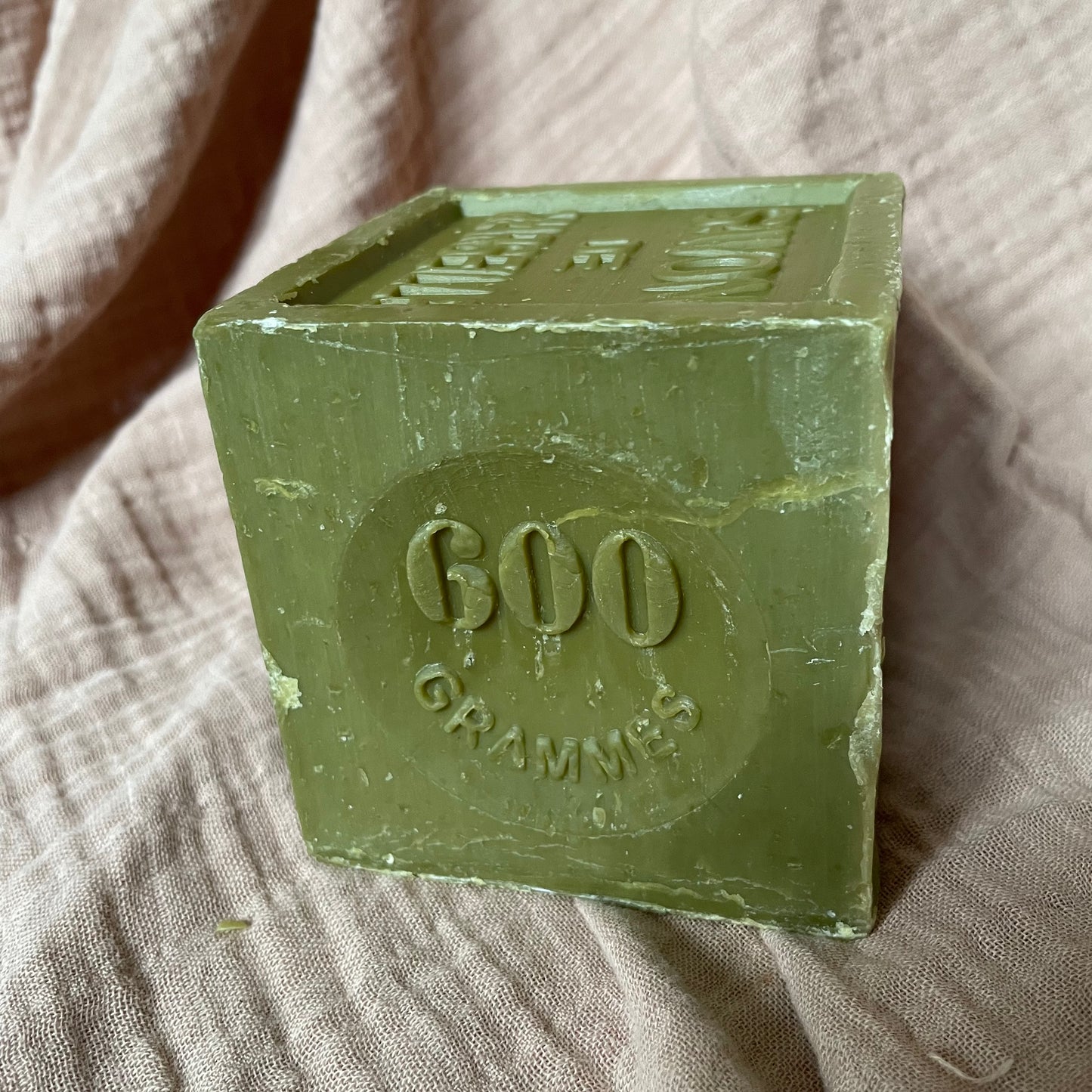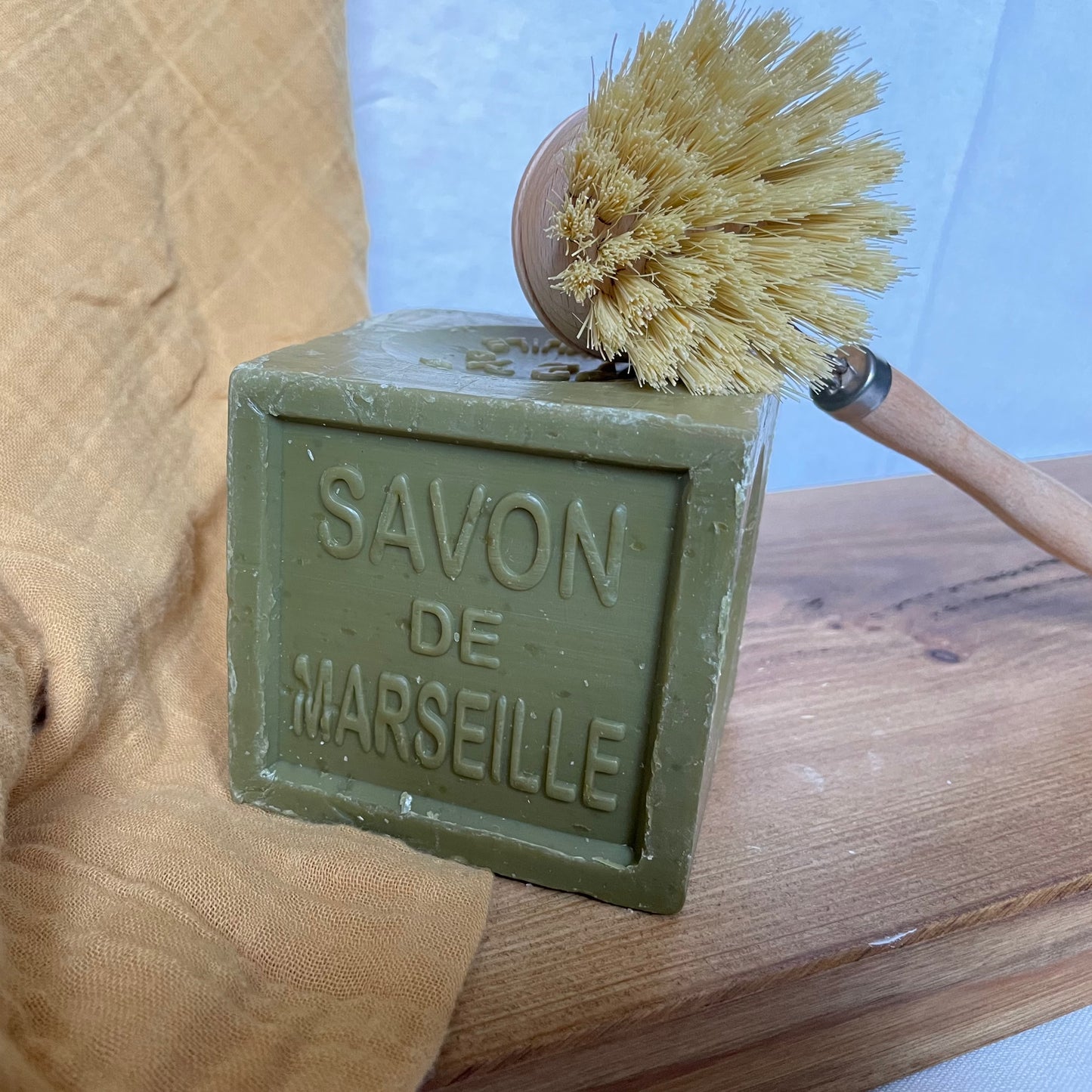Savon de Marseille is a French soap, but not just any french soap.
It's a special one, with very particular characteristics; it's good for your home, your health and the planet!
Let me tell you more about this soap that has become a staple in our home; where it’s made, why it’s unique, how to be sure your soap is authentic and how you can use it!
Savon de Marseille was created 600 years ago
Savon de Marseille became a staple of the city in the 1400s, at the time hundreds of small soap factories were producing it. The first soap maker was recorded even earlier, in 1370!
Savon de Marseille got its first law in 1699! To start regulating who could use this name, Louis XIV drew the limit to olive oil-based soaps only, as its name started spreading throughout Europe. The law has since been changed to allow other vegetable oils to be used but the fame has not disappeared and Savon de Marseille now has its own Museum, in Marseille city centre.
Made in Marseille
Le Savon de Marseille - or Marseille soap - is made in the South of France, in the region of Provence, around the city of Marseille.
Savon de Marseille is produced in this part of France where the sun shines, the olive trees grow happy and the sound of cicadas is heard throughout the summer.
Whilst many factories used to make these soaps there are now only 4 (officially) that can say they make Savon de Marseille:
-
Savonnerie de la Licorne
-
Savonnerie Le Sérail
-
Savonnerie du Midi
-
Savonnerie du Fer à cheval
Our soaps come from Savonnerie du Fer à Cheval - and you can visit it!
What exactly is Savon de Marseille?
There are a few things to look out for to spot genuine Savon de Marseille soap:
-
made in Marseille and the surrounding areas
-
made using the 5 step process defined by Edit de Colbert in 1688
-
made only with vegetable oil (at least 72%), containing no perfume, no colouring and no additives.
How is Savon de Marseille made?
There are two types of Savon de Marseille, Green and Beige. Both contain 72% of oil: the green one (the one we sell!) is made with a mix of 70% olive oil and 30% copra oil (helps produce more foam). The Beige one contains a mix of 20% palmist oil and 80% palm oil (ethically sourced).
Both soaps can be used for cleaning or hygiene!
The process has been the same for 200 years.
5 very precise steps include mixing seawater, oils and alkaline ashes from sea plants, heating it for several days, before pouring it into a mould and leaving it to harden.
What is so special about Savon de Marseille?
Savon de Marseille stands out because of its history, unique recipe - with 72% oil, and of the care given to the sourcing of its ingredients. The olive oil used derives from the Mediterranean.
The pH of Savon de Marseille is around 10, whereas most soap would have a neutral pH of 7. Most soaps with a neutral pH do not contain any washing base and carry a lot of preservatives and synthetic products. Savon de Marseille has a high pH and is known for its cleaning properties.
Moreover, Savon de Marseille is made with 100% natural vegetable oil, and is hypoallergenic as it does not contain conservatives, perfume, colouring or other synthetic products.
Also, it's 100% biodegradable! What's not to love?
Also, it's 100% biodegradable! What's not to love?
How you can use Savon de Marseille
The reason we chose this product is that the possibilities are endless. Savon de Marseille has so many uses, it's versatile and can replace a lot of your household cleaning products.
It is perfect for laundry as it is hypoallergenic, you can either use it with water to hand wash clothes or by grating it into shaving and mixing it with hot water to create a very simple laundry detergent.
It is also ideal to use as a body wash or hand wash, especially again if you have any allergies!
We love it for dishwashing, it gets rid of grease and is easy to use with our brushes!
This soap is so versatile that it can also clean floors and surfaces as well as… your toilets!
